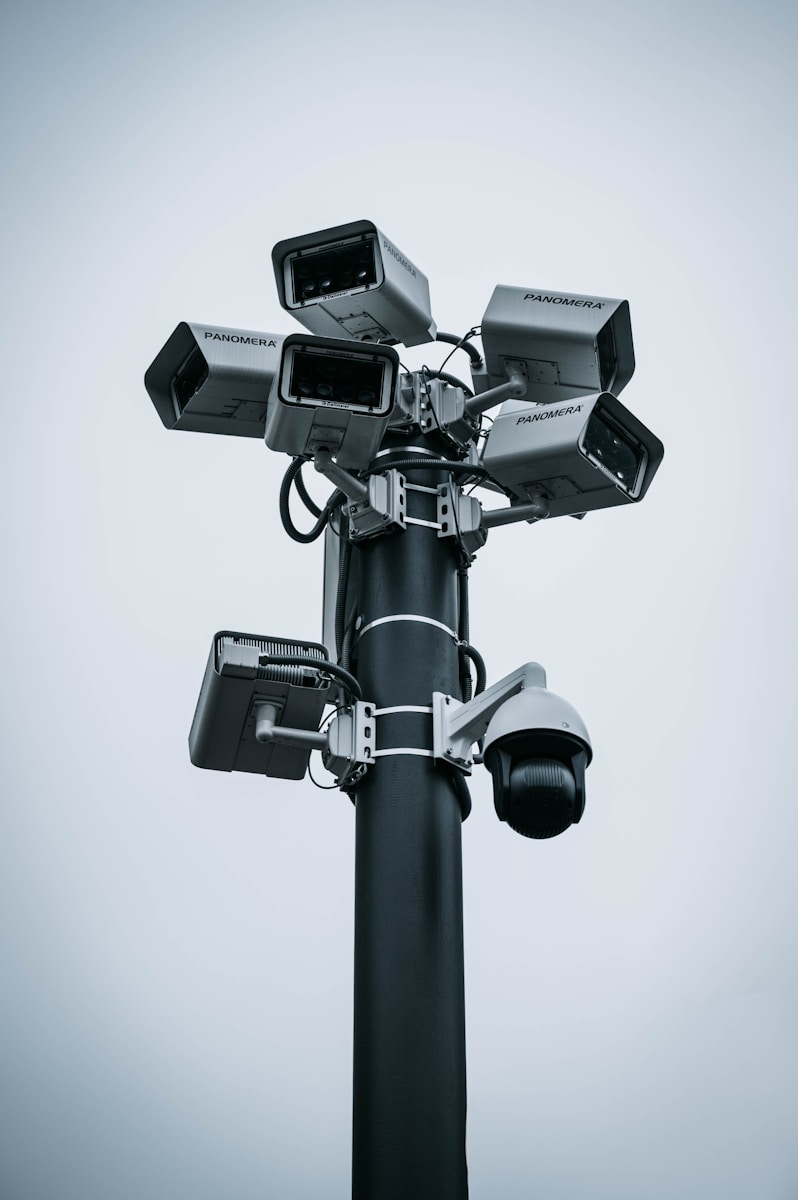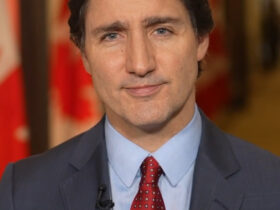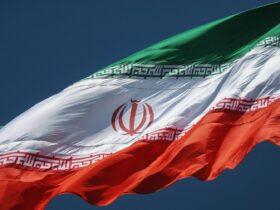The Foreign Interference Inquiry revealed new details about a Canadian Security Intelligence Service (CSIS) warrant application that was delayed for 54 days on former Public Safety Minister Bill Blair’s desk. The warrant included a list of individuals whose communications could be intercepted if they communicated with the warrant’s target. Although the identity of the target remains undisclosed, media reports have previously linked former Ontario MPP Michael Chan to foreign interference investigations.
Testifying before the inquiry, former Deputy Minister of Public Safety Rob Stewart was questioned about the reasons behind the delay. He suggested that Blair and his staff had raised concerns and required time to fully understand the processes involved in executing the warrant. CSIS was tasked with answering those concerns, which likely contributed to the prolonged approval process.
The inquiry is part of a broader investigation into foreign interference, particularly related to China’s influence in Canada. The CSIS warrant application, which was sent to Blair’s office, included names of individuals whose communications were deemed at risk of interception, raising questions about the handling of sensitive intelligence.
Conservative MP Michael Chong’s lawyer, Gib van Ert, questioned whether the delay was tied to concerns over the individuals named in the warrant. Stewart confirmed that it was a common source of concern in ministers’ offices but declined to discuss specifics, citing national security.
The inquiry also heard testimony from CSIS officials that it took significantly longer than usual for Blair to approve the warrant, which was sent to his chief of staff, Zita Astravas, before being signed by Blair. Blair later testified that he signed the warrant on the day he first reviewed it.
In addition to the warrant’s delay, the inquiry has explored broader issues of foreign interference, including the establishment of Chinese “police stations” in Canada, which have been used to harass and intimidate members of the Chinese community. Public Safety Deputy Minister Shawn Tupper confirmed that while some of these stations have been shut down, further investigations have uncovered additional sites operating similar activities across the country.
The Foreign Interference Inquiry, led by Justice Marie Josée Hogue, was launched after media reports accused China of interfering in Canada’s 2019 and 2021 federal elections. The inquiry’s findings will play a crucial role in determining the extent of foreign interference and shaping future national security measures.














Leave a Reply